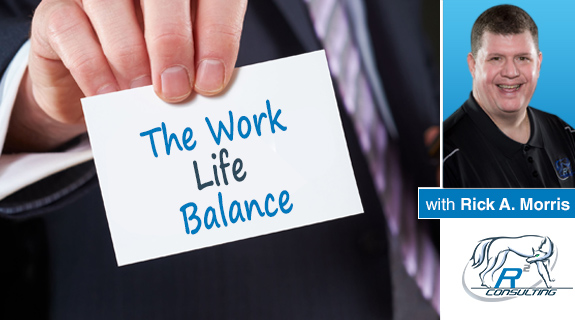I have been working on a Ted Talk about framing and
context. So much of the information that
we receive has been framed to the context in which the speaker intends. Gone are the days of true fact reporting. The news now is always slanted to the left or
right depending on what station you watch.
Our social media uses echo chambers to deliver information based on what
we have liked or seen before. No matter
which political party you follow, there is a steady stream of information to
bolster the belief of divisive issues.
For instance, I watched a report on Fox News recently that
stated the left was trying to remove the word “man” from our vocabulary. Would they force Manchester or Goldman Sachs
to change their names? I thought, that
can’t be true. I did my own research and
found the report they were referencing.
It was a study out of a college that stated you should try to not use
man-made or man-days and offered alternatives.
Whether you think that is a good idea or not, they certainly were not
doing what Fox News had said. The same
can be said of many reports regardless of what network. It made me reflect on what I had just
done. How many people sought out the
truth to form their own opinion versus believing what the broadcaster had
said. I found the election coverage
comical on both sides as pundits would ask, “Why do you want to vote for this
person?” The responses were the steady
stream of talking points provided. When
really pressed, the person could not come up with a personal reason.
I read something in the USA Today yesterday that hit me
squarely. There has been a recent feud
between what one person said over the other.
Penn Jilette, a famous magician, had announced that he was in the room
for some of those moments. When the
reporter asked him what was said in the room, Jilette responded, “..the stakes
are now high, and I am an unreliable narrator.
I’m a storyteller and storytellers are liars. So I can emotionally tell you things that
happened….that showed stupidity and lack of compassion when I was in the room…and
I guarantee you that I will get the details wrong.”
I felt that it was a profound statement of responsibility
and leadership. He knew personally of
details but didn’t feel comfortable releasing them because he knew it would be
slanted and possibly misleading. In this
day and age of jumping to conclusions, social justice determining fate before all
of the facts are known, and the emerging new society we live in, that was one of
the best statements I had read.
Internalize this to your team, project, and
organization. How often do we express
ideas and thoughts that are slanted to the context of what we feel? John Maxwell said, “do I want the opportunity
to correct someone, or the opportunity to connect with someone.” I teach my kids that every interaction is a
transaction and someone is buying. What
I mean by that is that your either giving value or receiving value in the
interaction. Make sure to add value to
the person you are talking to.
All of this is to say, words matter. Opinions matter. You can either divide or heal. I appreciate Mr. Jiette’s answer because he
knew the responsibility of words.







